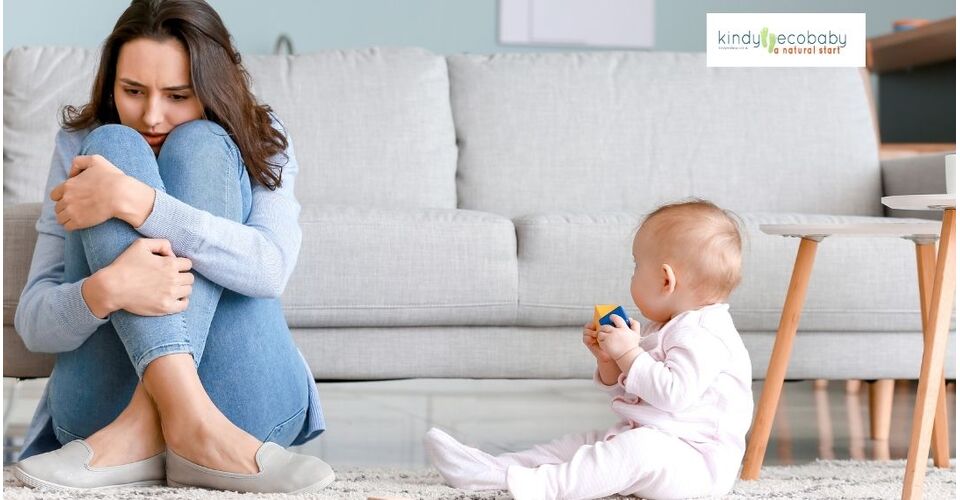Navigating Postnatal Depression: Understanding and Overcoming
By: Karen J On:15 December 2023

Postnatal depression can be isolating, but you're not alone. Post Natal Depression affects more than 1 in every 10 women within a year of giving birth. It can also affect fathers and partners.
Postnatal depression (PND) is a type of depression that many parents experience after having a baby. It's a common condition, affecting more than 1 in every 10 women within a year of giving birth. It can also affect fathers and partners.
Understanding Postnatal Depression: PND is more than just "baby blues." It's a serious condition that can affect your physical and emotional well-being. Symptoms can include persistent sadness, lack of energy, withdrawal from others, and difficulty bonding with your baby.
Recognizing the Signs: Symptoms of PND can vary but often include feelings of hopelessness, excessive crying, irritability, and anxiety. You might also experience sleep disturbances, changes in appetite, and reduced interest in activities you once enjoyed.
Seeking Help: It's crucial to seek help if you think you might be suffering from PND. Start by talking to your healthcare provider. They can offer advice, refer you to a mental health specialist, or suggest suitable treatments.
Treatment Options: Treatment for PND can include therapy, such as cognitive behavioral therapy (CBT) or counseling, and in some cases, antidepressant medication. Support groups can also be beneficial.
Self-Care Strategies: In addition to professional treatment, self-care is important. Try to get as much rest as possible, eat a balanced diet, exercise, and spend time doing things you enjoy. Accept help from family and friends.
Building a Support Network: Don't go through it alone. Surround yourself with a support network of friends, family, and healthcare professionals. Speaking to other parents who have experienced PND can also be reassuring.
Remember, You're Not Alone: Postnatal depression can be isolating, but you're not alone, and it's not your fault. With the right support and treatment, you will get better.
At Kindy Eco Baby, we understand the complexities of postnatal depression and are here to support you on your journey to recovery. Remember, taking care of yourself is just as important as taking care of your baby.





